Any expected death is always a tragedy. But if the person who passed away was earning a large percentage of a family's income, it can leave the grieving family members in a difficult financial situation. A life insurance policy can help to offset the loss of income and spare those who are left behind from being forced to deal with tough economic decisions. When shopping around for the right life insurance coverage for you and your family it's important to ask yourself the right questions.
1. How Much Life Insurance Do I Need?
While you may be tempted to buy the most extensive policy which you can afford, one basic rule of thumb is to buy at least 10 times your annual salary. This is a good starting point, but for parents who have younger children, it is essential to consider the costs associated with education. Some suggest an additional $100,000 of coverage for each child. Other considerations such as outstanding debts need to be acknowledged, as well.
The best thing to do is evaluate current and future expenses the survivors may experience, including mortgage payment or rent, the cost of living, college education, and more. Once you know that information, it becomes easier to determine the amount of benefit that will be needed.
2. What Are the Different Types of Insurance Policies?
The most popular options for life insurance are term life, whole life, and universal life policies.
- Term lifeinsurance coverage lasts for a certain number of years and then ends. These types of policies have the lowest premiums, but offer limited protection and the fewest number of options. Many term life insurance policies let you renew policies but at a higher premium.
- Whole life insurance requires you to pay the same amount in premiums for a certain number of years for a fixed amount of coverage. Once your policy is paid off, any death benefits are secured. This type of policy places part of your premiums in a tax-deferred saving plan which you can borrow against.
- Universal life insurance allows the most flexibility since it will enable you to increase or decrease the amount of your coverage. Whole life policies usually offer the option for a fixed death benefit or an increasing benefit based on the value of the policy at the time of passing.
Each insurer has its own rules, so make sure to speak with your insurance agent to fully understand the terms and options available in your policy.
3. Which Life Insurance Policy Is Right for Me?
The decision of which type of insurance policy you choose is entirely dependent on your personal financial and family situation. However, it is important to note that most people will require more life insurance as their family grows and will need less life insurance as they age. It is best to speak with your financial planner to determine the best policy for you. Don't depend on the advice of an insurance agent who earns money based on the policy they sell you.
4. Who Should My Beneficiaries Be?
Your choice of the primary beneficiary for your policy is a critical decision to make. Usually, people choose a spouse or significant other, but you may choose anyone to make your primary beneficiary. You can even assign a charity or a trust as the primary beneficiary. Besides a primary beneficiary, make sure to designate a contingent beneficiary if your primary beneficiary passes first.
5. What Other Types of Life Insurance Are Available?
Guaranteed issue life insurance is an option for people who only wish to avoid having their loved ones pay for their funeral expenses and minor outstanding debt. This type of insurance pays out a small sum, typically under $30,000, but does not require a medical check. Accidental death insurance is an option for those who want to ensure that in the event of an untimely death due to an accident, their loved ones will have the money they need. This type of life insurance will not pay out if a person dies from natural causes.
Although it can be difficult to think about preparing for the end of life, it is a significant financial decision everyone needs to think about. Escient Financial is here to help you incorporate life insurance and estate planning into your financial plan so all of your goals can be reached, during and after your life. Feel free to...
This content is developed from sources believed to be providing accurate information. The information in this material is not intended as investment, tax, or legal advice. It may not be used for the purpose of avoiding any federal tax penalties. Please consult legal or tax professionals for specific information regarding your individual situation. The opinions expressed and material provided are for general information, and should not be considered a solicitation for the purchase or sale of any security. Digital assets and cryptocurrencies are highly volatile and could present an increased risk to an investors portfolio. The future of digital assets and cryptocurrencies is uncertain and highly speculative and should be considered only by investors willing and able to take on the risk and potentially endure substantial loss. Nothing in this content is to be considered advice to purchase or invest in digital assets or cryptocurrencies.
Enjoying Escient Financial’s Insights?
The weekly newsletter is usually delivered to your email inbox Friday or Saturday, and includes:
- the latest Escient Financial Insights articles
- a brief of the week's important news regarding the markets
- recommended third-party reads
- selected Picture of the Week
Escient Financial does NOT sell subscriber information. Your name, email address, and phone number will be kept private.
















